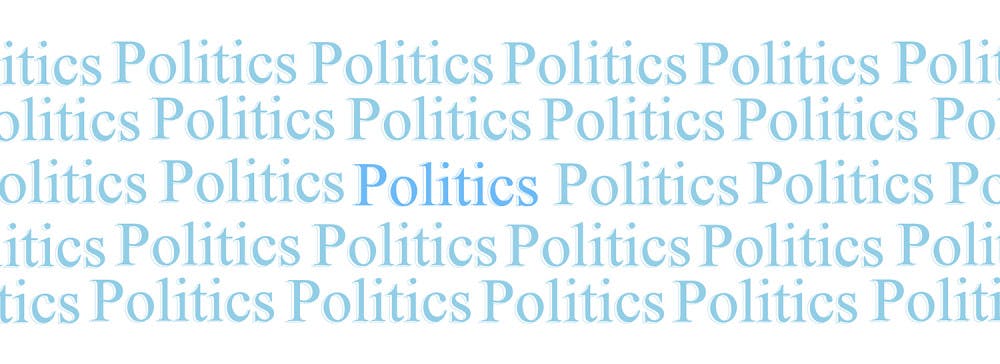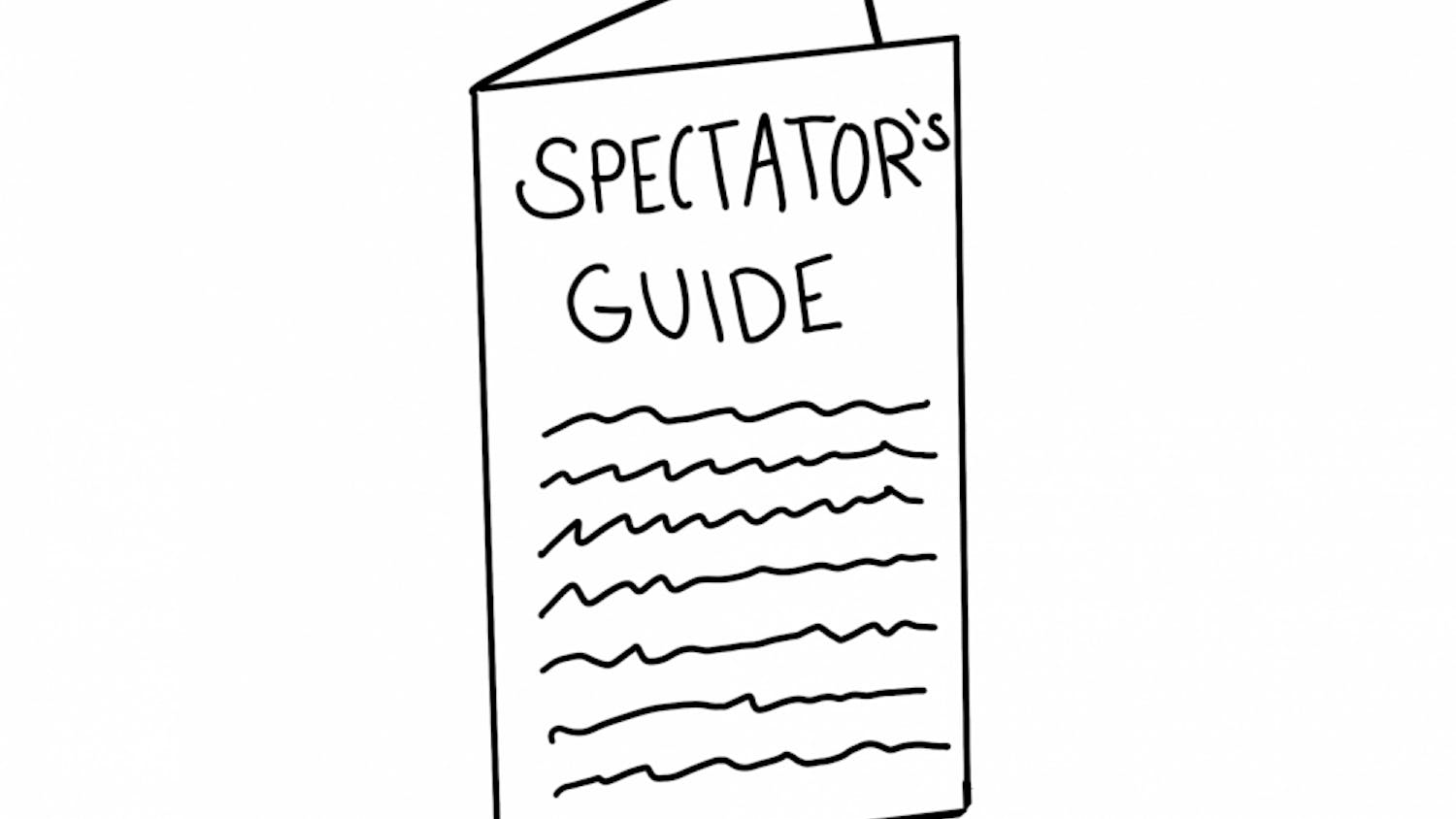2020 ELECTION PREFERENCES: TRUMP
It is no secret that President Trump is not particularly popular among Middlebury’s student body — the Zeitgeist poll shows that less than 3% of students approve of the way he’s handling office. On the other end, Trump’s campus disapproval rating hovers north of 90% — compared to 41% nationally — while around 4% of students describe themselves as neutral.
There are quite a few factors that could explain these results. Middlebury College can be somewhat self-selecting in terms of ideology, often attracting students with its environmental programs and reputation for liberal student activism. Then there is the phenomenon known as “social desirability bias,” in which survey respondents may underreport opinions deemed socially unacceptable. Although the existence of social desirability bias cannot be proven here, 51 students reported themselves to be “neutral” and 23 chose “I prefer not to answer,” indicating that there may be some undisclosed ideological tendencies among a student body that is not always particularly open to conservatism.
2020 ELECTION PREFERENCES: TRUMP BY SOCIAL AND FISCAL VIEWS
As expected, there is a strong correlation between students identifying as socially liberal and disapproving of the Trump administration. This is also by far the most popular pair of stances. Even among the 45 students who identified as socially conservative, only 18 approved of the job President Trump is doing in office.
Overall, there were many more students who identified as fiscally conservative — 207 respondents — yet only 25 of them approved of Trump. By the numbers, most of these fiscally conservative students identified as socially neutral or liberal. Nationally, voters with this combination of views tended to swing right and vote Trump in 2016, so why do Middlebury students not reflect the same trends?
It could be that Middlebury students feel much more strongly about their social views. Almost 400 respondents identified as the most liberal possible option when asked their social views, whereas less than half that number identified themselves as the most liberal fiscally, instead opting for more center-left gradations. Because of this difference, some students’ support for President Trump’s economic policies may be outweighed by their disapproval of his social conservatism.
2020 ELECTION PREFERENCES: DEMOCRATIC CANDIDATES
With many months left before the Democratic primary and a historically large pool of diverse candidates, Middlebury students can’t be blamed for favoring the option “I prefer not to answer.” The first-choice candidate, however, is Vermont Senator Bernie Sanders, a predictable choice for Middlebury and one that mirrors national polls. (Or, really, mirrors polls as closely as it can, given that former Vice President Joe Biden, who has topped recent primary polls after entering the race, was excluded from the Zeitgeist survey due to his late announcement. Nationally, Sen. Sanders currently polls second.)
The next choice for Middlebury students, California Senator Kamala Harris, also mirrors some national trends. Some nationwide polls show Sen. Harris to be neck-in-neck with South Bend Mayor Pete Buttigieg for third place. However, Middlebury students chose Massachusetts Senator Elizabeth Warren and former Texas Representative Beto O’Rourke before Buttigieg, who came in fifth. Again, this may be attributed to the timing of the survey, as Buttigieg’s popularity saw a spike after the survey was closed. Besides these top five candidates, none won more than 5% of the student body.
FINANCIAL AID RECIPIENTS: SOCIAL VS. FISCAL
Like other campus groups, financial aid recipients were further left on the social scale than on the fiscal one. Still, the majority of financial aid recipients considered themselves to be fiscally liberal. Overall, the most common response among this group was the most liberal possible option in both categories.
VARSITY ATHLETES: SOCIAL VS. FISCAL
Following school trends, Varsity athletes pretty consistently tended toward the left side of the political scale in terms of social views. There was greater variability in response to fiscal ideology, though a considerable majority still mostly identified as fiscally liberal. However, a greater percentage of athletes identified as fiscally conservative than the overall campus. Overall, however, athletes still tended toward liberalism.
ECONOMICS MAJORS: SOCIAL VS. FISCAL / TRUMP APPROVAL
Although most Middlebury students identified as fiscally liberal, Economics majors were not so quick to swing left. Out of 112 respondents, the (slim) majority of Economics students identified as fiscally conservative at 58 tallies, as compared to 50 who consider themselves fiscally liberal. This contrasts strikingly against the general student body, confirming the common quip that Economics majors are socially liberal but fiscally conservative. Regardless, Zeitgeist data has shown that there is not a correlation between Middlebury students’ fiscal conservatism and support for President Trump.
*Editor’s Note: During the period in which the survey was open to responses, Joe Biden had not yet declared his candidacy for president.
Economics Majors Are Indeed "Socially Liberal," "Fiscally Conservative"

Comments



